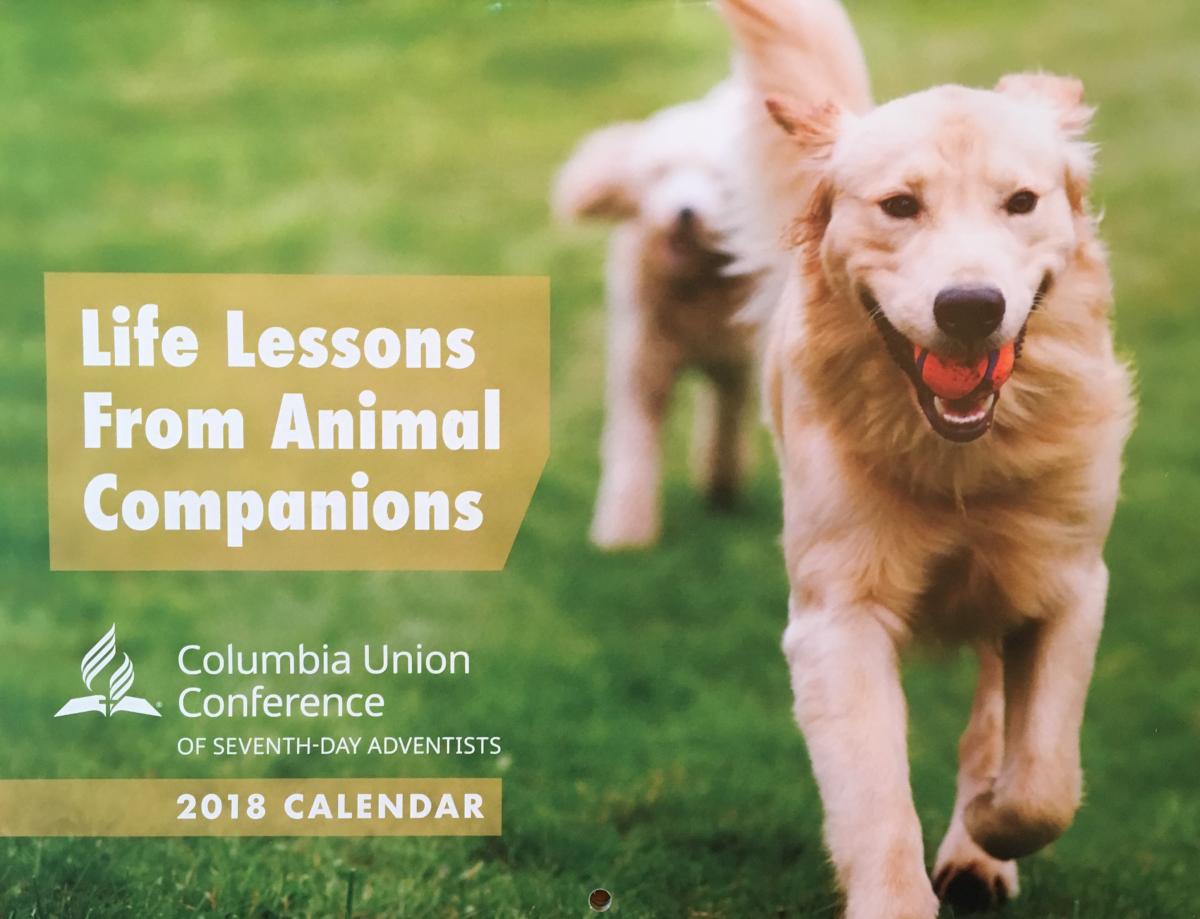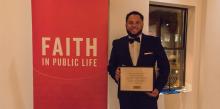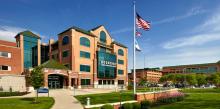 Want to share a copy of the 2018 Columbia Union Conference Calendar featuring favorite pets? Email srowley@columbiaunion.net for additional free copies.
Want to share a copy of the 2018 Columbia Union Conference Calendar featuring favorite pets? Email srowley@columbiaunion.net for additional free copies.
Who We Are, How We Serve
The Columbia Union Conference coordinates the Seventh-day Adventist Church’s work in the Mid-Atlantic United States, where 150,000 members worship in 860 congregations. We provide administrative support to eight conferences; two healthcare networks; 81 early childhood, elementary and secondary schools; a liberal arts university; a health sciences college; a 49 community services centers; 8 camps; 5 book and health food stores and a radio station.
We Believe
God is love, power, and splendor—and God is a mystery. His ways are far beyond us, but He still reaches out to us. God is infinite yet intimate, three yet one,
all-knowing yet all-forgiving.
At the end of last school year, Ohio Conference’s Northern Ohio Adventist Academy teachers Leona Bange and Jeanne Sinka were excited about the new school year. Suddenly Sinka ended up in the hospital with an unexpected diagnosis---stage four adrenal cancer.
How would this two-teacher school approach the new year?
Story by Jessica Beans
Kettering College’s occupational therapy doctoral (OTD) program received noticedfrom the ACOTE of full accreditation status on Tuesday, December 12, 2017. ACOTE voted to grant a status of accredited for a period of seven years, which is the maximum amount given for initial accreditation.
Kettering College is one of 17 ACOTE accredited entry-level doctoral programs in the United States. There are 163 ACOTE accredited entry-level masters programs.









